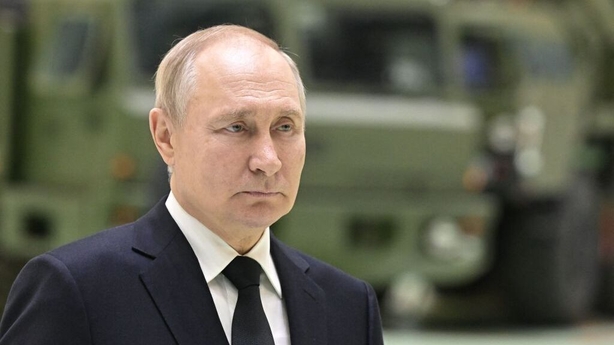Ireland's Immigrant Investor Programme scheme saw €1.25bn flow into the State from wealthy overseas investors.
It funded GAA clubs, universities, charities and even healthcare.
But now the Government has shut off the tap to the "golden visa" system opened a decade ago in the aftermath of the economic collapse.
Government sources said this week that the programme was set up at a time when Ireland needed outside investment.
But now the international climate has changed and attitudes both domestically and internationally towards such schemes have shifted dramatically.
Last year saw a massive rise in the number of wealthy Chinese investors hoping to use the programme to secure Irish residency.
They accounted for all but a handful of the more than 1,300 applications submitted in 2022.
When Britain shut down a similar programme it resulted in a significant rise in applications to Ireland.
While the scheme here has been under review since 2019,this week it was axed with only a day's notice.
Minister for Justice Simon Harris noted that it had been set up "during a time of unprecedented economic difficulty".
It succeeded in drumming up "significant investment", he said, and had been run "to the highest professional standards".
However, following concerns from a number of international agencies over similar schemes, the minister concluded that "it is now timely to close this programme to new applications".
Across the EU, the multi-billion-euro citizenship and visa industry is being subjected to increased scrutiny amid heightened security concerns.

'European values are not for sale'
Following Russia's invasion of Ukraine, the more generous passports for investment schemes have faced intense criticism.
As Russian President Vladimir Putin stoked the flames of war, the European Commission called on member states to end programmes which effectively sold citizenship to Russians and Belarusians.
It specifically took aim at Malta, Bulgaria and Cyprus.
Last September, it went further, taking Malta to the EU's highest court to get its scheme shut down.
"European Union values are not for sale," Justice Affairs Commissioner Didier Reynders said, as he commenced the action at the Court of Justice.
The Council of Europe and the Organisation for Economic Cooperation and Development (OECD) have also voiced concerns over the investor visa schemes which operate in many countries.
In return for residency, Canada, the United Kingdom, and until now Ireland, ask for a substantial and long-term financial investment.
Greece, Portugal, and Spain grant residency in return for purchasing property.
While to get a US visa, an investor has to create a certain number of jobs.
Change in attitudes
Projects which have already been approved under the Irish programme will not be affected by the closure.
An additional roughly 1,500 applications which have already been submitted will also be given consideration, but no new submissions will be accepted.
Ireland's Immigrant Investor Programme was a pathway for non-EEA nationals to secure an immigration permission on the basis of a long-term investment.
The applicants were required to be high net worth investors and business professionals with wealth of at least €2m.
They were required to invest a minimum of €1m for a minimum of three years or €500,000 as part of an endowment.
The money had to come from the investors’ own funds and not borrowings.
While the programme’s end will shut off a source of funds for some community and sporting organisations there is no doubt attitudes have changed towards the "golden visa" scheme.

